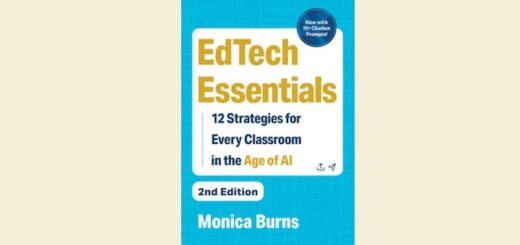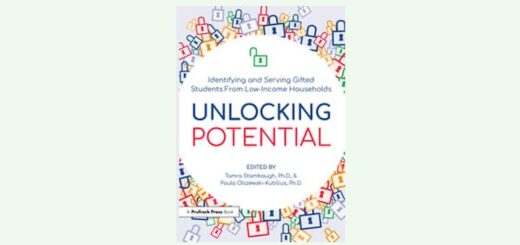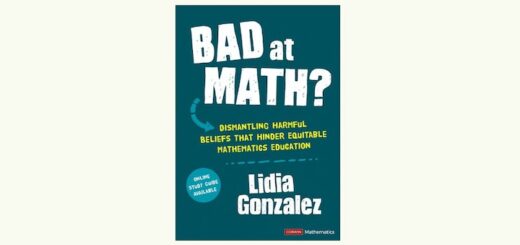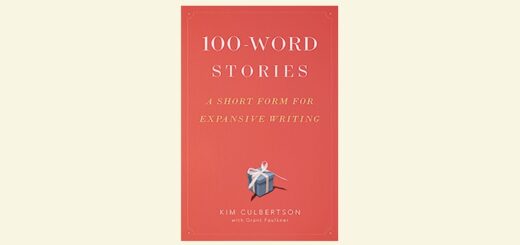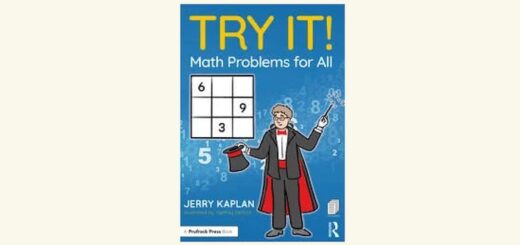Infusing Pop Culture into Literacy Learning
Making Curriculum Pop: Developing Literacies in All Content Areas
By Pam Goble and Ryan Goble
Developed in partnership with NCTE
(Free Spirit Publishing, 2016 – Learn more)

In Making Curriculum Pop veteran educators Pam Goble and Ryan Goble have done exactly what harried teachers need most: provided a raft of templates for student work and grounded their notions of textual exploration in proven research and thoughtful theory. Their expansion of what we define as “text” to include all sorts of products makes sense in this day and age of media-rich experiences.
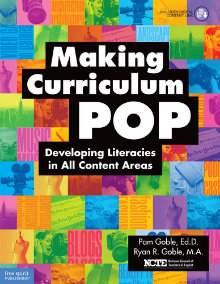
“The ubiquity of non-print text requires students and adults to comprehend, critique and compose across a wide range of symbol systems. The more texts students can critically and creatively examine and create, the more well-equipped they will be to mindfully navigate our complex and texturally rich world.” – Making Curriculum Pop, page 4.
The power of Learning Experience Organizers
What the Gobles have done here is provide a huge array of resources for bringing media like film, comics, advertisements, radio programs, music, and more into the classroom for close examination by students, using something they term “Learning Experience Organizers.” These Learning Experience Organizers (LEO) are a riff off the literature circle idea – collaborative and cooperative learning experiences for students who take on roles and responsibilities within the group inquiry project.
One entire chapter provides student samples of work with LEO organizers, as well as more than 50 pages of blank, downloadable templates with various student “roles” for activities, ranging from “archeologist” to “highlighter” to “mood catcher” to “x-cavator.”
Each template/sheet comes with an inspirational quote related to the “job” while also providing a graphic organizer for the kind of expected work to be done within that role. The Gobles advocate a logical and sequential approach to introducing the concepts of LEOs, as well as explicit modeling by the educator about expectations.
From “reading words of text to reading worlds of texts”
The work here is based on acknowledging some changes in our cultural ideas about what a text is and how a text functions, particularly in relation to pop culture. The Gobles encourage a shift from “reading words of text to reading worlds of texts,” for example, as well as helping students move from “lessons to learning experience” by cultivating a “growth mindset.”
That these theories and concepts are backed up with long lists of teacher resources in all genres and accessibility types (websites and books, for example), as well as online access to printable templates, gives a little more pop to Making Curriculum Pop than one might expect.
Ryan Goble has also created many resource lists via his Twitter account. You can follow his resources here (search for the #MCPop beginnings of hashtag list names; e.g. #mcpopmath).
Kevin Hodgson is a sixth grade teacher in Southampton, Massachusetts, and is the Outreach Co-Director with the Western Massachusetts Writing Project. Kevin blogs regularly at Kevin’s Meandering Mind and tweets more often than is healthy under his @dogtrax handle.

















